| This Wednesday post is brought to you by Leilya Pitre. Leilya is an Assistant Professor and English Education Coordinator at Southeastern Louisiana University in Hammond, LA. She teaches undergraduate and graduate courses for English and secondary English Education majors. She is interested in everything about teaching English, linguistics, literacy, young adult and multicultural literature. |
Raising a Hope Nation: Learning about Hope from
Personal Experiences of the YA Authors and Their Literary Characters
| I thought about their journal entries and how to respond to them because I had no right to simply write “I understand,” or “I feel your pain.” It would be superficial. For my next class, I brought Jane Yollen's "Birthday Box," a short story of a 10-year-old girl who lost her mother to cancer, felt angry, empty, and hopeless until she found strength to return to writing and fill her life, and the box, with new, more hopeful stories. I could relate to this story because I had lost my first husband and parents by that time. For me, as a new teacher in the US, it was also a moment, when I exposed my vulnerabilities to students. We cried together reading the story, shared our losses, and ways we managed to cope with them and heal. |
| It is also vital for our students to know that YA writers are live human beings, who themselves experience pain, loss, betrayal, despair; it is being close to such tragic encounters allows them to become effective storytellers and help us rediscover hope. If you haven't heard about Hope Nation (2018), edited by Rose Brock, give it a chance. The collection presents readers with stories from Atia Abawi, Renee Ahdieh, Libba Bray, Howard Bryant, Ally Carter, Ally Condie, Christina Diaz Gonzales, Gayle Forman, Romina Garber, I. W. Gregario, Kate Hart, Brendan Kiely, David Levithan, Alex London, Marie Lu, Julie Murphy, Jason Reynolds, Aisha Saeed, Nic Stone, Angie Thomas, Jenny Torres Sanchez, Jeff Zentner, and Nicola Yoon. The authors, included in this volume, represent diverse racial, religious, and economic backgrounds; their family makeup and stability, experience, age, country of birth, and sexual orientation are various, and they all defeated obstacles to their dreams through hope. |
A Time to Dance (2014) by Padma Venkatraman
All American Boys (2015) by Jason Reynolds and Brendan Kiely
Long Way Down (2017) by Jason Reynolds
I have Lost My Way (2018) by Gayle Forman
The Poet X (2018) by Elizabeth Acevedo
Internment (2019) by Samira Ahmed
Furia (2020) by Yamile Saied Méndez
I Must Betray You (2022) by Ruta Sepetys
| There are ample opportunities for discussions while reading the novels, which can be completed in small groups or with an entire class. After reading, enrichment activities would add to understanding and analysis of the theme, and what it is about hope students learn from any of the chosen novels. In the second volume of Teaching Universal Themes Through Young Adult Novels: Exploring Relationships and Connections to Others (2021), Mike Cook and I offer a teaching unit focused around the theme of dreams and hopes. It consists a possible unit scope and sequence with detailed descriptions of activities and tasks that would enhance students’ critical thinking, analytical, and writing skills. |
| Here is one final activity from this textbook. A Tree of Hope On the last day of the unit, students together with the teacher celebrate their achievements. By this time, they have completed a variety of activities and two culminating tasks to explore the theme of dreams and hopes. Their final task is to create a Tree of Hope. This tree will host leaves of dreams and hopes that are refined as a result of all the work completed by this point. To make the collective project more engaging and challenging, the revised dreams and hopes will be in the form of a haiku, a three-line Japanese poetry form. If needed, the teacher may conduct a mini-lesson on haiku writing and model an example. Students and the teacher will create a haiku, and then partner with another student in class to exchange and review each other’s haiku and provide suggestions. After revising their poems, students will write a clean final copy on a leaf. The teacher and students will share their haiku poems and place them on a poster with a tree template. |
Re-gifted mercy,
A home for all who claim it.
Let love teach you how.
I would like to conclude this post with this beautiful and uplifting message.
Till next time,
Leilya
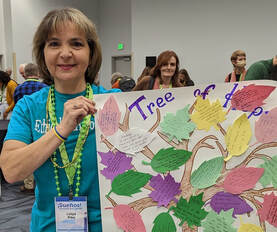
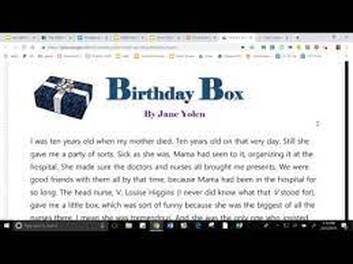
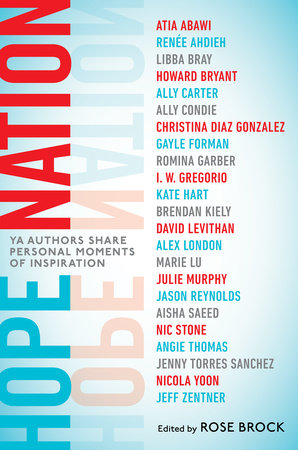
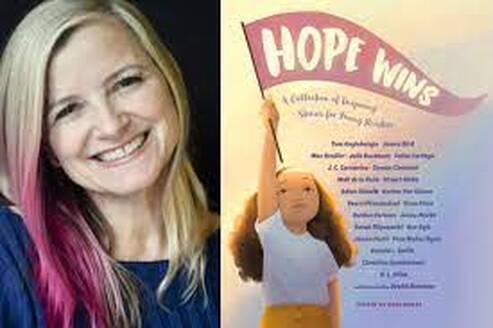
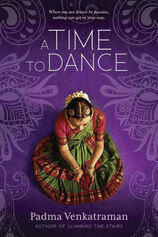
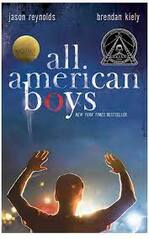
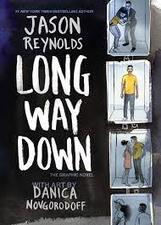
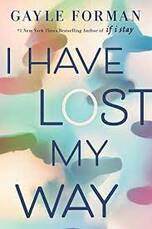
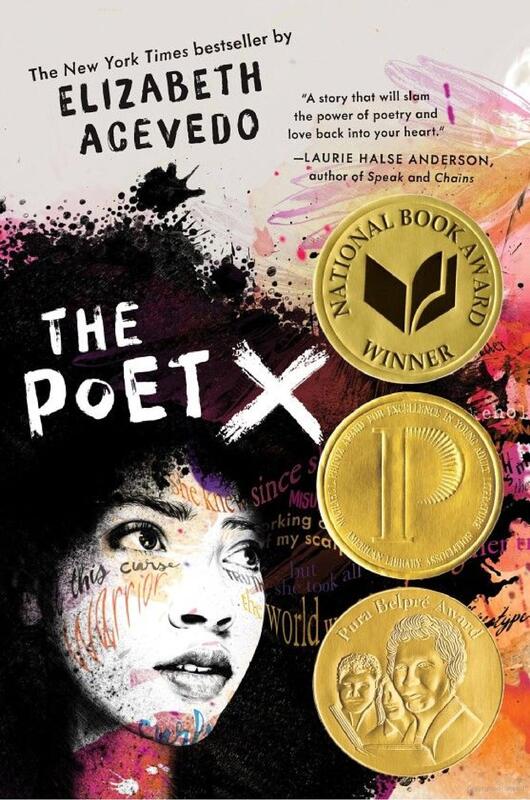
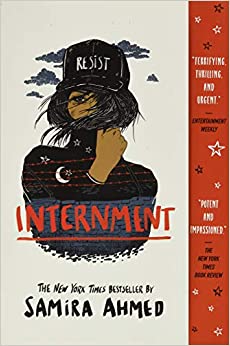
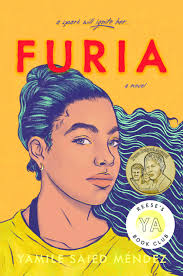
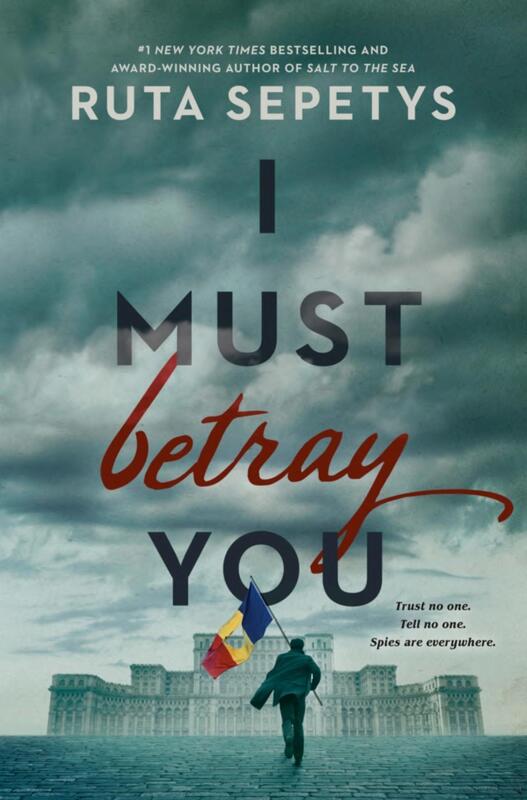
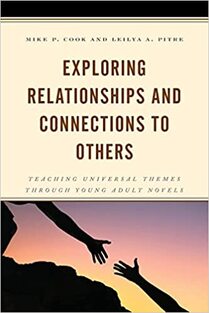
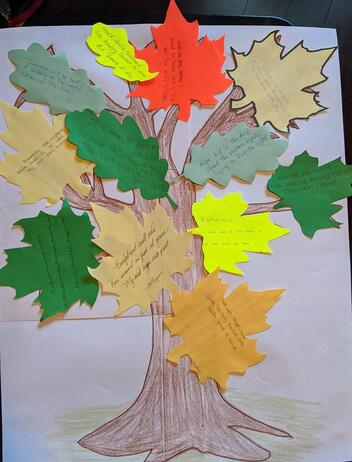

 RSS Feed
RSS Feed